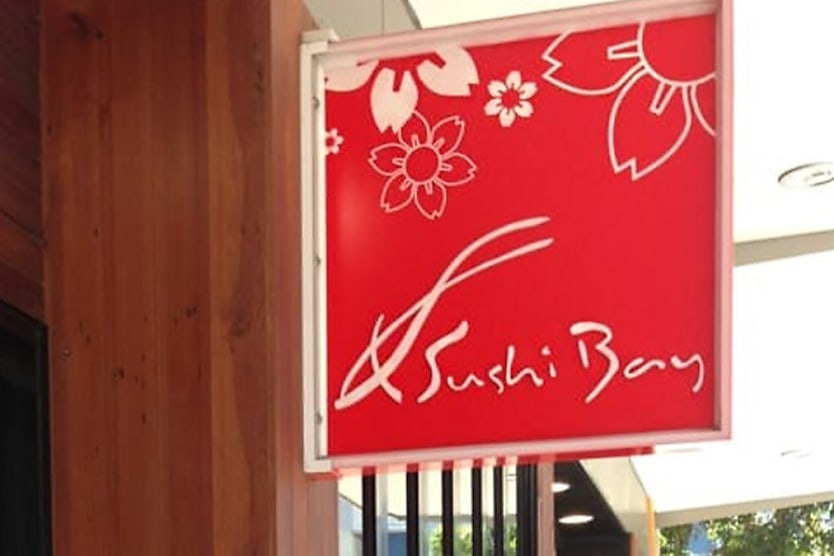$15m in penalties handed down for ‘shameless’ exploitation of migrant sushi outlet workers
SHARE THIS ARTICLE

The Fair Work Ombudsman has secured record penalties of $15.3 million against the former operators of the Sushi Bay outlets in NSW, Darwin and Canberra.
Record penalties were imposed by the Federal Court against various sushi outlets, for deliberately exploiting vulnerable migrant workers, including underpaying staff more than $650,000.
The outlets included; Sushi Bay Pty Ltd ($3.2 million), Sushi Bay ACT Pty Ltd ($5.8 million), Auskobay Pty Ltd ($2.4 million), Auskoja Pty Ltd ($2.3 million), and $1.6 million against Sydney woman Yi Jeong ‘Rebecca’ Shin, who is the owner and sole director of the companies.
The total penalties are the highest ever secured in a FWO legal action, eclipsing the $10.3 million against the Commonwealth Bank and CommSec earlier this year, with the individual underpayments ranging from $48 to $83,968.
Shin – whom Justice Anna Katzmann described as having “a history of dishonesty”– was previously penalised along with her company Sushi Bay Act, a total of $124,416 in 2019. This of course was for underpaying workers, many of whom were migrants.
Due to the deliberate and systematic nature of the conduct done in this situation, some of the breaches were ‘serious contraventions,’ and therefore, attracted up to 10 times the maximum penalties that would ordinarily apply.
Fair Work ombudsman Anna Booth said the regulator would use all their power to pursue the individuals and organisations that committed this exploitation of workers.
“The record penalties imposed in this matter drive home the fact that deliberately and repeatedly exploiting workers, including vulnerable migrant workers, is reprehensible conduct that will not be tolerated in Australia.”
“If you deliberately underpay migrant workers and try to cover it up with false or misleading records you will be found out and will pay a heavy price.”
“We treat cases involving underpayment of migrant workers particularly seriously, because we are conscious that they can be vulnerable due to factors such as a lack of awareness of their entitlements or a reluctance to complain,” Booth said.
The FWO investigated after receiving underpayment allegations from two former workers. After taking a look, the investigators discovered the widespread exploitation and underpayment that was occurring across the various Sushi Bay networks.
With the companies now in liquidation, all Sushi Bay outlets have now shut down, except for one in Campbell Town which is under the liquidator’s control. Although the companies are in liquidation, Katzmann J has ordered that if back pay cannot be obtained from the companies, part of Shin’s penalty should go towards rectifying the underpayment of the workers.
The failure to pay adequate overtime rates was the main culprit for underpayments. This was due to the practice of simply paying a flat cash rate between $14 and $18.50 an hour for some overtime hours worked when in reality it should be between $25.94 and $48.24 an hour.
Other avenues of underpayment were minimum wage rates, weekend and public holiday penalty rates, and annual leave entitlements.
Shin was responsible for approving and implementing the exploitative payment practices that were used to subject the majority of migrant workers to these egregious underpayments. She controlled this at the Sushi Bay outlets and was involved in many of the contraventions.
This was by no means an accident, as Katzmann J lamented, stating the conduct was “both calculated and audacious” and that: “This is yet another case of the exploitation of immigrant workers and a shameless but ultimately unsuccessful attempt to conceal it.”
As far as the penalties go, Her Honour said there was a need “to send a strong signal to employers in the industry that conduct of this kind is unacceptable and will not be tolerated.”
“[The penalties] make it crystal clear to Shin and other people and companies who employ staff that contraventions of the kind the respondents committed are both unacceptable and economically irrational,” said Katzmann J.
Kace O'Neill
Kace O'Neill is a Graduate Journalist for HR Leader. Kace studied Media Communications and Maori studies at the University of Otago, he has a passion for sports and storytelling.

